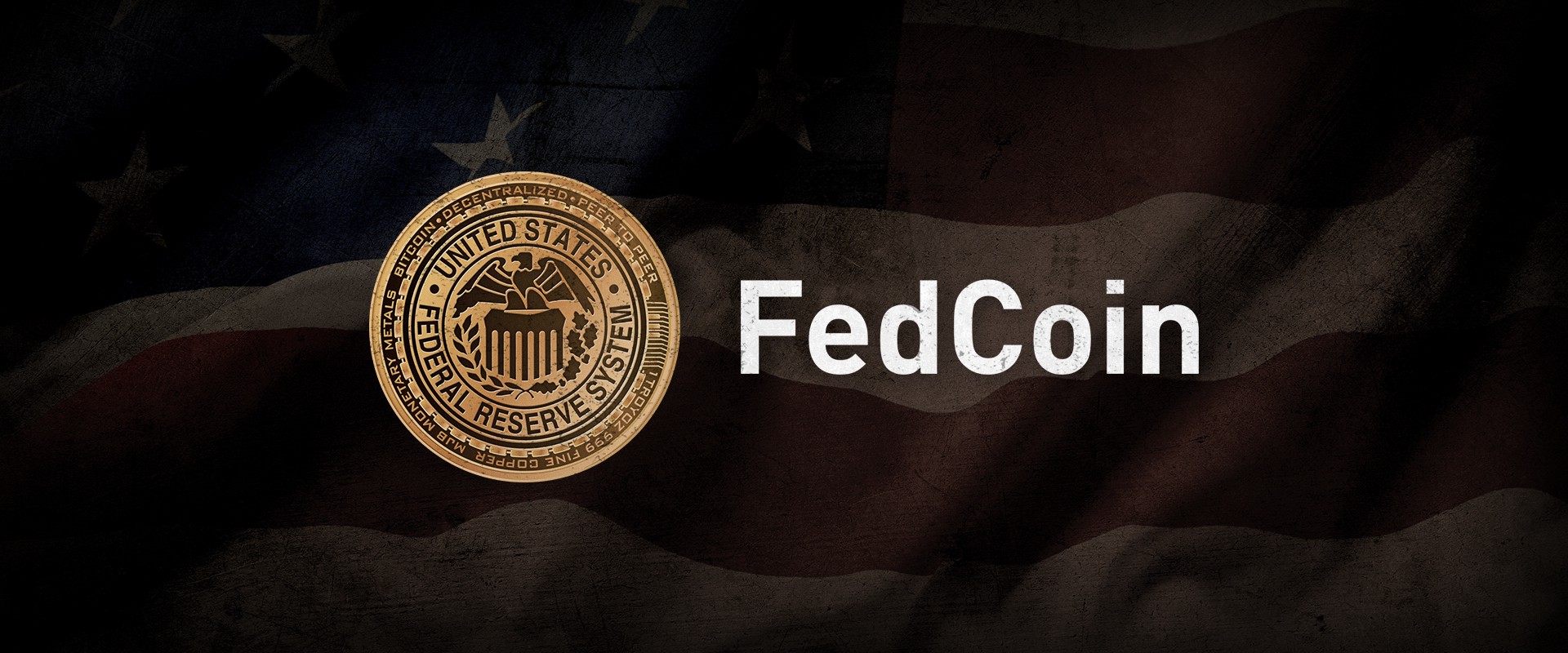PALO ALTO, Calif. (Reuters) - The Federal Reserve is looking at a fedcoin 2020 broad variety of concerns around digital payments and currencies, including policy, design and legal factors to consider around possibly releasing its own digital currency, Guv Lael Brainard stated on Wednesday. Brainard's remarks suggest more openness to the possibility of a Fed-issued digital coin than in the past." By changing payments, digitalization has the possible to provide higher worth and benefit at lower cost," Brainard stated at a conference on payments at the Stanford Graduate School of Business.
Main banks worldwide are discussing how to manage digital finance technology and the distributed ledger systems used by bitcoin, which promises near-instantaneous payment at potentially low expense. The Fed is establishing its own round-the-clock real-time payments and settlement service and is currently evaluating 200 remark letters submitted late in 2015 about the proposed service's design and scope, Brainard said.
Less than 2 years ago Brainard told a conference in San Francisco that there is "no compelling demonstrated requirement" for such a coin. But that was prior to the scope of Facebook's digital currency aspirations were extensively understood. Fed authorities, including Brainard, have actually raised issues about consumer protections and information and privacy risks that might be posed by a currency that could enter use by the 3rd of the world's population that have Facebook accounts.
" We are working together with other main banks as we advance our understanding of reserve bank digital currencies," she said. With more nations checking out releasing their own digital currencies, Brainard stated, that contributes to "a set of reasons to also be making certain that we are that frontier of both research and policy advancement." In the United States, Brainard said, problems that need research study include whether a digital currency would make the payments system much safer or simpler, and whether it might position financial stability threats, consisting of the possibility of bank runs if money can be turned "with a single swipe" into the reserve bank's digital currency.

To counter the financial damage from America's unmatched national lockdown, the Federal Reserve has actually taken extraordinary actions, including flooding the economy with dollars and investing straight in the economy. Many of these relocations received grudging acceptance even from numerous Fed doubters, as they saw this stimulus as required and something just the Fed could do.
My new CEI report, "Government-Run Payment Systems Are Risky at Any Speed: The Case Against Fedcoin and FedNow," information the threats of the Fed's current plans for its FedNow real-time payment system, and propositions for central bank-issued cryptocurrency that have actually been dubbed Fedcoin or the "digital dollar." In my report, I discuss issues about personal privacy, information security, currency control, and crowding More help out private-sector competitors and innovation.
Supporters of FedNow and Fedcoin state the government should develop a system for payments to deposit immediately, instead of motivate such systems in the private sector by lifting regulative barriers. But as kept in mind in the paper, the economic sector is supplying an apparently unlimited supply of payment technologies and digital currencies to solve the problemto the degree it is a problemof the time space between when a payment is sent out and when it is gotten in a checking account.
And the examples of private-sector development in this area are many. The Clearing Home, a bank-held cooperative that has actually been routing interbank payments in numerous kinds for more than 150 years, has been clearing real-time payments because 2017. By the end of 2018 it was covering half of the deposit base in the U.S.